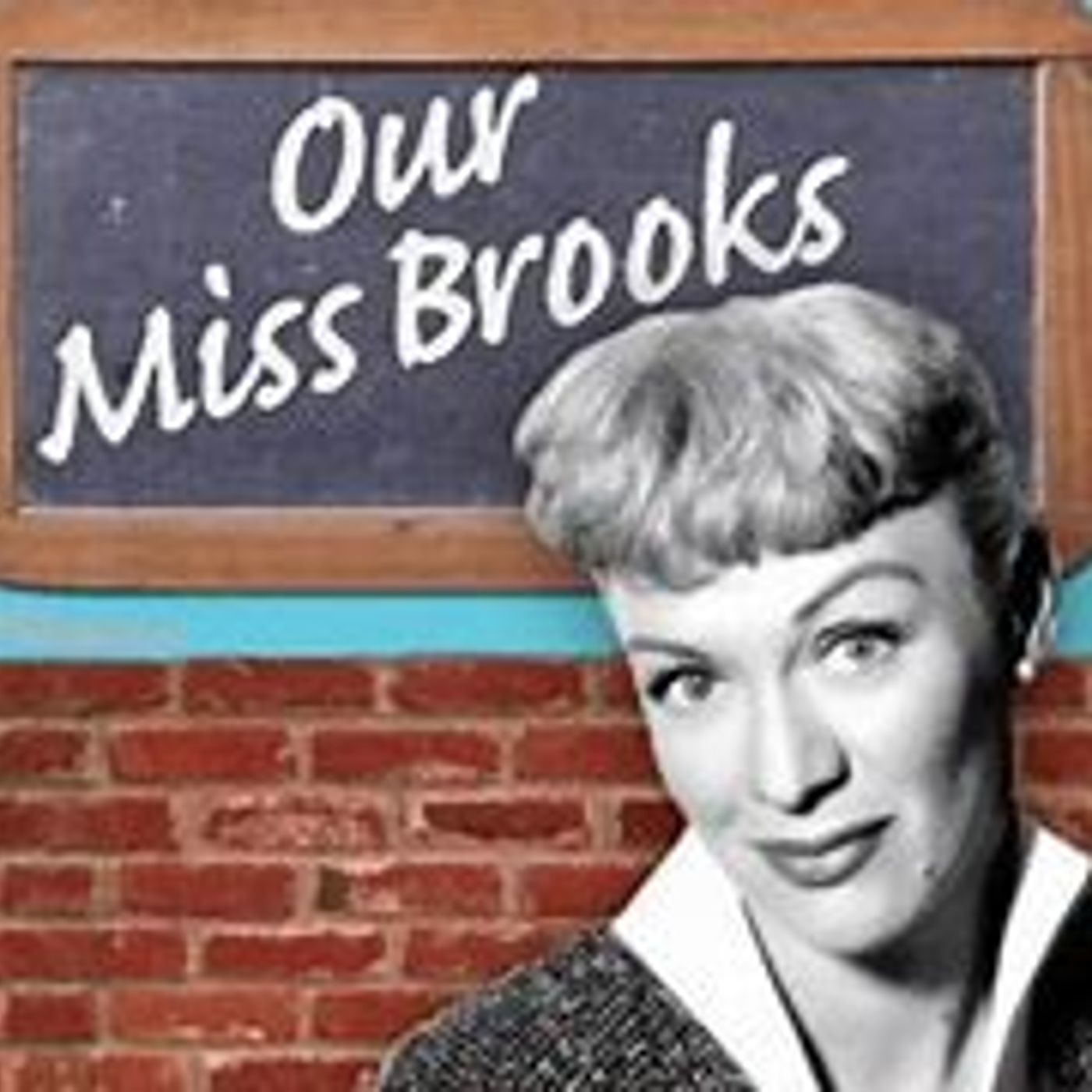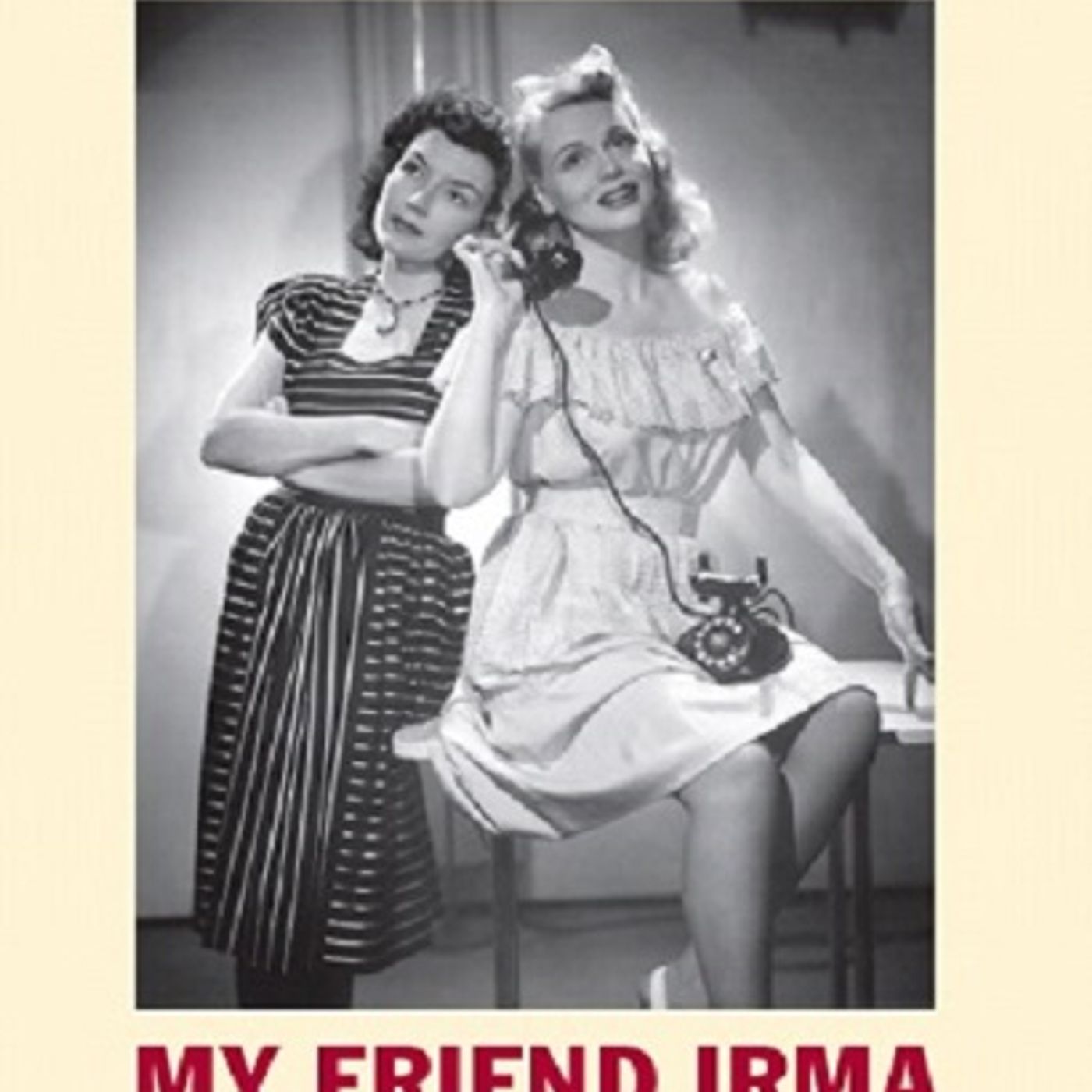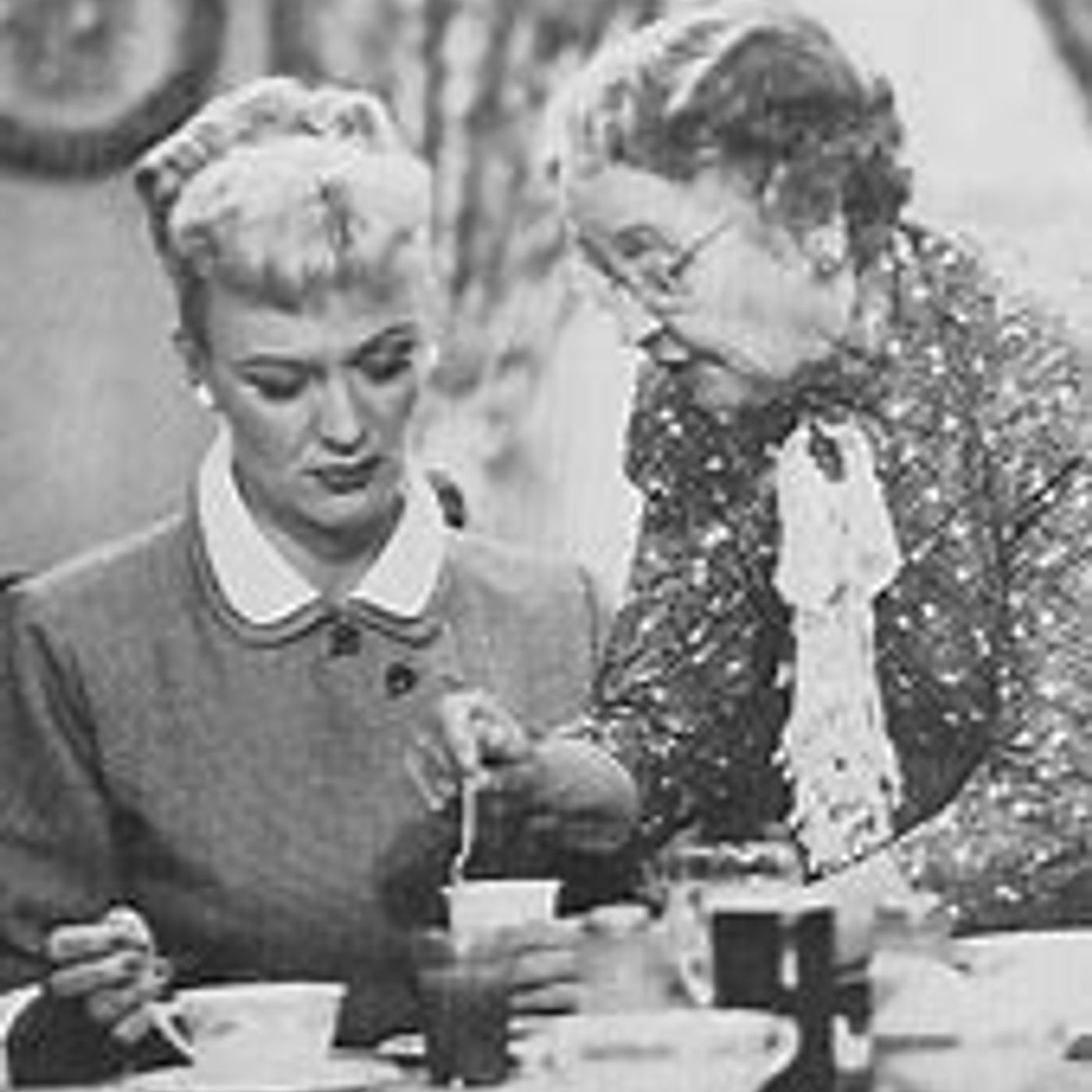"Destination Freedom" was an innovative radio series crafted by Richard Durham that aired from 1948 to 1950. The fourteenth episode, titled "Shakespeare of Harlem," broadcast on September 26, 1948, delves into the life and legacy of Langston Hughes, one of the most prolific and influential figures of the Harlem Renaissance.
Langston Hughes: The Voice of HarlemBorn James Mercer Langston Hughes on February 1, 1902, in Joplin, Missouri, Hughes became a seminal figure whose work resonated deeply with the African American community and beyond. His poetry, novels, plays, and essays captured the struggles and joys of Black life in America, and his innovative use of jazz rhythms and vernacular speech revolutionized American literature.
Early Life and InfluencesA Turbulent Childhood: Hughes faced instability early on. His parents separated shortly after his birth, and he lived with his maternal grandmother, Mary Langston, in Kansas. She instilled in him a sense of pride and a connection to their abolitionist heritage.
Education and Discovery: After his grandmother's death, Hughes moved frequently but continued his education, eventually settling in Cleveland, Ohio. It was here that he began writing poetry and was introduced to the works of poets like Carl Sandburg and Walt Whitman, who influenced his style.
First Published Poem: At just 17, his poem "The Negro Speaks of Rivers" was published in The Crisis, the NAACP's official magazine, signaling the start of his literary career.
Migration to Harlem: In the early 1920s, Hughes moved to Harlem, New York City, which was the epicenter of a cultural and artistic explosion known as the Harlem Renaissance.
Artistic Collaboration: He became part of a vibrant community of Black artists, writers, musicians, and intellectuals, including Zora Neale Hurston, Countee Cullen, and Duke Ellington.
Literary Contributions:
"The Weary Blues" (1926): His first poetry collection, blending jazz rhythms with vivid imagery, won the Harmon Gold Medal for Literature.
"Not Without Laughter" (1930): His debut novel explored the life of a Black family in a small Kansas town, highlighting themes of dignity and resilience.
Incorporation of Jazz and Blues: Hughes infused his work with the rhythms of jazz and blues, capturing the essence of Black musical traditions and bringing a new dynamism to poetry.
Everyday Experiences: He wrote about ordinary people and their daily lives, painting a realistic and compassionate portrait of Black America.
Social Activism: His writings often addressed issues of race, inequality, and social justice, advocating for change and empowerment.
In "Shakespeare of Harlem," Richard Durham masterfully dramatizes Hughes's journey:
Early Aspirations: The episode likely portrays young Langston's passion for writing amidst personal and societal challenges.
Artistic Evolution: It showcases his development as a writer and how his experiences shaped his voice.
Cultural Impact: The narrative emphasizes Hughes's role in defining the Harlem Renaissance and his influence on American culture.
Excerpts and Performances: Through dramatic readings of his poetry and prose, listeners experience the emotional depth and musicality of his work.
Representation: At a time when positive depictions of African Americans were rare in media, the episode celebrated Hughes's achievements and offered inspiration to listeners.
Cultural Education: It provided a deeper understanding of the Harlem Renaissance and its import

Our Miss Brooks was a beloved American sitcom that ran on CBS radio from 1948 to 1957. It was one of the most popular...

"My Friend Irma," the classic radio sitcom that had audiences cackling from 1946 to 1952! It was a delightful gem of a show, chronicling...

Aunt Mary was a soap opera that follows a story line which appears to have been broadcast in 1945 and early 1946. The plot...